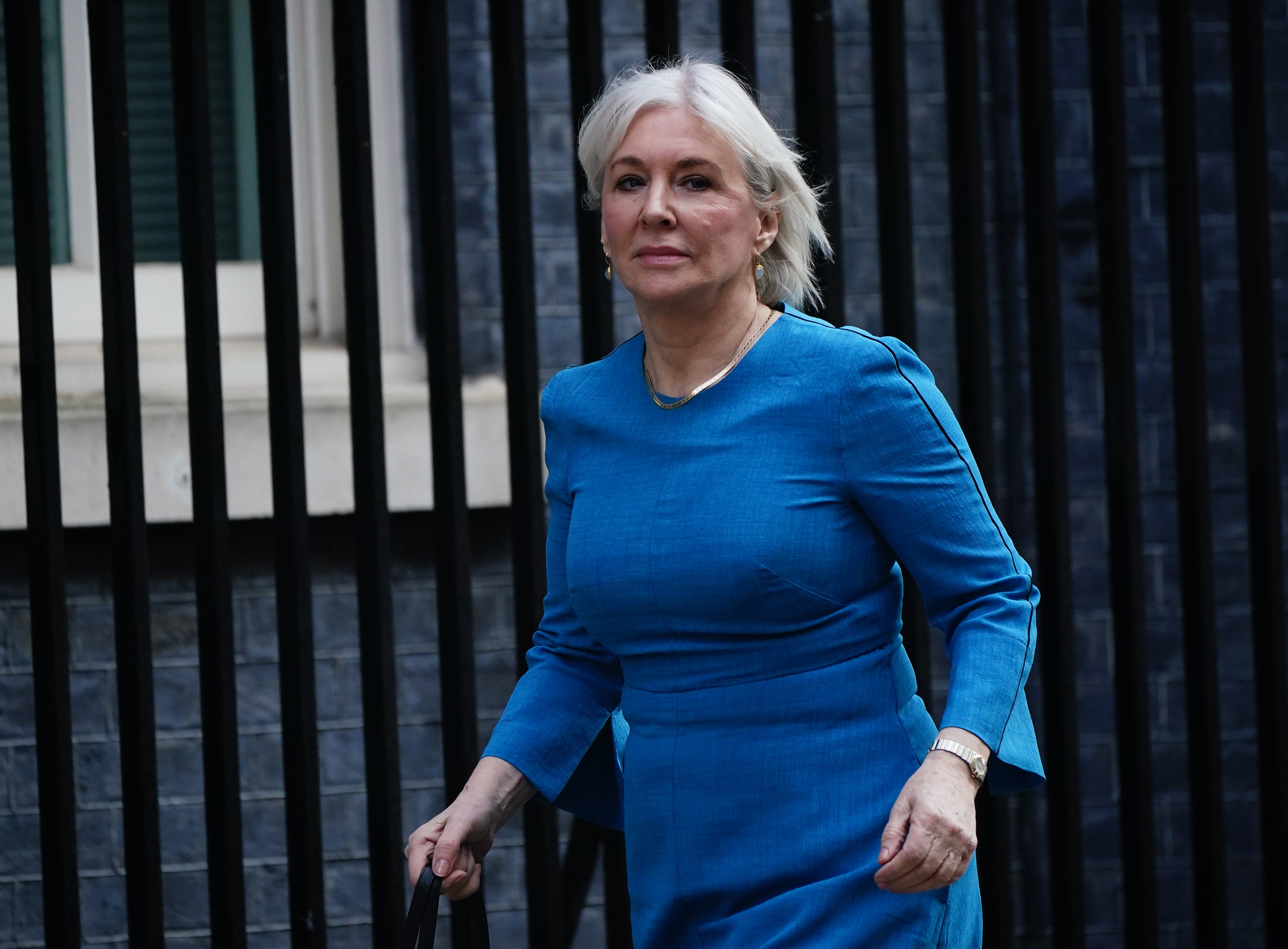BBC licence fee facing axe as Nadine Dorries says funding model ‘completely outdated’
The culture secretary says the government will also be looking at ways media watchdog Ofcom can ‘hold the BBC to account’

The end of the BBC’s licence fee has moved a step closer after the government outlined plans to overhaul the broadcaster’s funding model.
A white paper laid out by Nadine Dorries said there were “clear challenges on the horizon to the sustainability of the licence fee” as viewing habits change.
It came as the culture secretary claimed the corporation’s was “completely outdated” and promised decisions on its future “well ahead” of the BBC charter renewal in 2027.
The Tories have previously indicated they would scrap the BBC licence fee at the next opportunity if they win the next election. Unveiling a £2bn budget cut for the public broadcaster in January, Ms Dorries said that this year’s funding announcement “will be the last”.
The government on Thursday published a white paper on broadcasting reforms which it claimed would “create a new golden age of British TV and help the nation’s public service broadcasters thrive”.
As well as confirming plans to sell off Channel 4, the white paper outlined a plann review of the BBC’s funding model.
“Technology has revolutionised how, when, and where audiences can access and watch content,” it said. “An increasing number of households are choosing not to hold a TV licence, as fewer people choose to watch live TV or other activities that require a TV licence.
“Should this trend continue as expected there are clear challenges on the horizon to the sustainability of the licence fee.”
Speaking to The Spectator, Ms Dorries said: “We are going to very soon announce that we are going to be looking very seriously about how we fund the BBC.
“We are ready to implement a new way of funding the BBC.
“We’re going to be looking at how Ofcom hold the BBC to account and then very shortly after that we will be announcing other measures that we are going to put into place to start looking at how the BBC will be funded in the future so that we are well in time to have that in place for the Charter renewal.”
It comes as the corporation is engaged in conversations on how to fund its services as the licence fee faces an uncertain future.
The BBC’s director-general Tim Davie has said he would rather produce less content than compromise on quality when considering funding cuts to the broadcaster.





